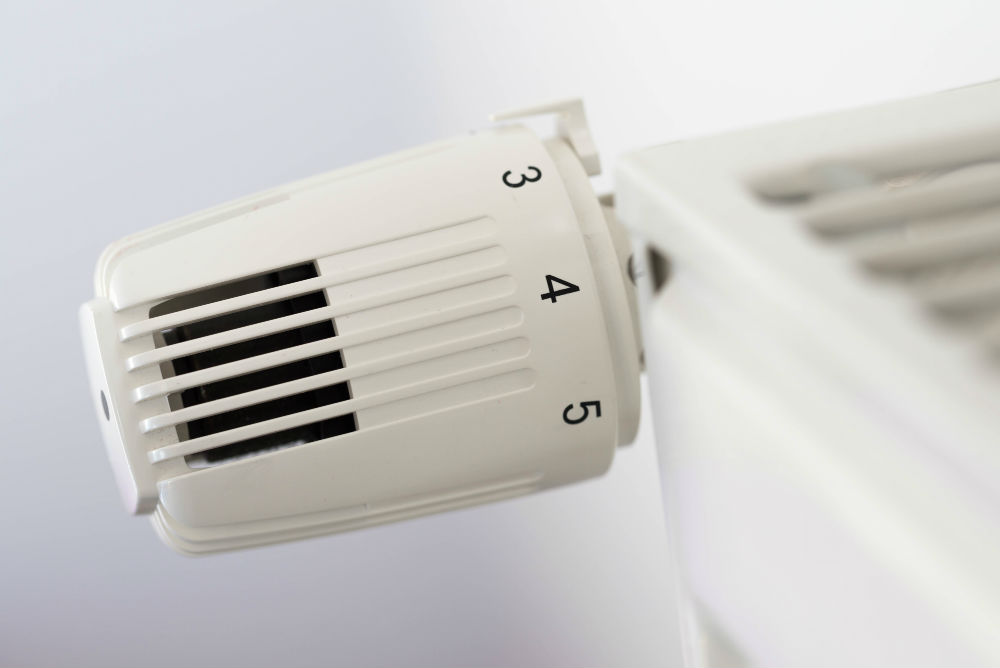
Have you ever wondered how strong your heater needs to be to effectively heat up a given space? Today we are here to talk about space heater wattage, BTUs, how to calculate it, and more.
So, how many BTUs is a 1,500 watt heater capable of putting out?
What is a BTU?
Technically speaking, BTU stands for “British Thermal Unit”. What is ironic is that this unit of measurement has gone out of style in Great Britain.
However, this unit of measurement is still often used in North America. The BTU number refers to the specific thermal output of a heating unit, but is also often used to describe the heating or cooking capacities of things like propane-powered barbeques.
BTU is a measurement of energy, with one BTU being equal to the amount of energy required to raise the temperature of one pound of water by 1 degree Fahrenheit. The higher the number of BTUs a heating unit can put out, the higher its heating capacity is.
When it comes to space heaters and other such appliances, they are usually also rated in these British thermal units. If we are talking about whole house heating systems, such as for a 1,500- or 2,000-square-foot home, a heating unit will usually produce between 55,000 and 85,000 BTUs.
Of course, a small space heater intended for heating limited spaces is not going to have nearly as many BTUs.

Calculating BTUs Based on Wattage
If you have a space heater or are looking into buying one, you probably know that they are usually always rated in terms of their watts, or how much power they consume. This is a really easy way to determine how many BTUs a space heater will put out.
Generally speaking, you can multiply the number of watts your space heater consumes by 3.41, and this will provide you with the number of BTUs which your space heater puts out.
For instance, to keep things easy, let’s stick with a 1,000 watt space heater. Multiply the 1,000 watts by 3.41, and you will are left with a heater that produces roughly 3,410 BTUs of heating power.
So, if we are talking about a 1,500 watt heater, if you multiply those 1,500 watts by 3.41, you are left with roughly 5,115 BTUs of heat output. Keep in mind that this is usually always measured in BTUs per hour.
Now, let’s move on to calculate how many BTUs are needed to heat your home, as well as a single square foot.
How Many Watts and BTUs are Needed to Heat Your Home?
The rule of thumb to keep in mind is that it takes about 10 watts of energy in a heater to heat a single square foot in your home. If we do the math here, multiply the 10 watts by 3.41, and you are left with 34.1 BTUs needed to heat a single square foot in your home.
So, if you want to make sure that you get a heater which is more than strong enough to heat the space you plan on heating, you need to calculate how many square feet the room is, and then calculate the output of your heater. Measure the length and width of the room you plan on heating with the space heater.
For instance, if the room is a solid 100 square feet, multiply those 100 square feet by 10 watts, and you are left with 1,000 watts. In other words, to heat a room of 100 square feet, you will need a heater that is 1,000 watts, which translates to 3,410 BTUs. If we go back to our 1,500 watt heater which puts out just over 5,100 BTUs, it should be enough to heat a room of 150 square feet.
Factors That Affect How Many BTUs Needed to Heat a Room
There are some factors that will affect how efficiently a 1,500-watt heater with 5,100 BTUs can heat up a room or home. Sometimes, depending on the build of your home or the room, you might need less or more BTUs.
If you have really well-insulated windows, well-insulated walls, low ceilings, and it is not windy outside, it might only take a 1,200 watt heater to heat up 150 square feet.
On the other hand, this number increases from 1,500 watts the windier it is, the worse your windows and insulation are, and the higher the ceilings are, even up to 2,000 watts.
Conclusion
Now that you know how to calculate BTUs from wattage, and everything related, you can determine what size of heater you need to efficiently and effectively heat up any given space.